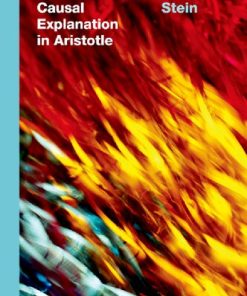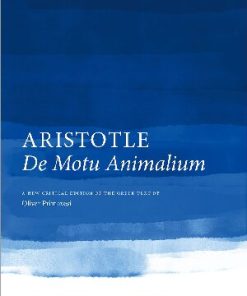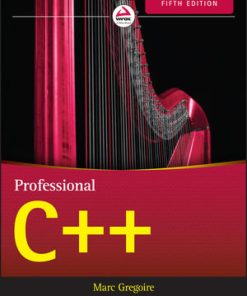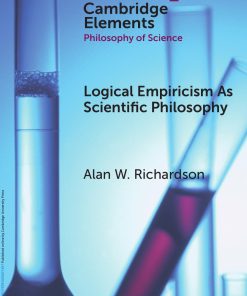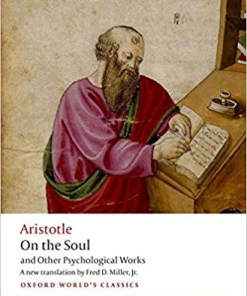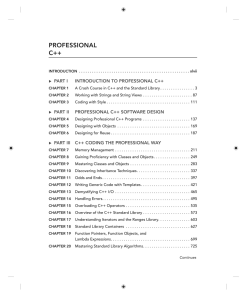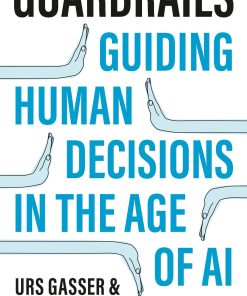Aristotle’s Empiricism 1st edition by Marc Gasser Wingate 0197567479 9780197567470
$50.00 Original price was: $50.00.$25.00Current price is: $25.00.
Aristotle’s Empiricism 1st edition by Marc Gasser-Wingate – Ebook PDF Instant Download/DeliveryISBN: 0197567479, 9780197567470
Full download Aristotle’s Empiricism 1st edition after payment.
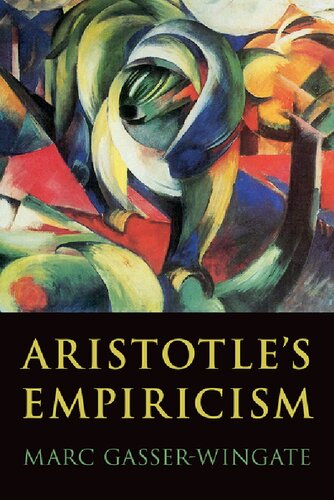
Product details:
ISBN-10 : 0197567479
ISBN-13 : 9780197567470
Author : Marc Gasser-Wingate
Aristotle is famous for thinking that all our knowledge comes from perception. But it’s not immediately clear what this view is meant to entail. It’s not clear, for instance, what perception is supposed to contribute to the more advanced forms of knowledge that derive from it. Nor is it clear how we should understand the nature of its contribution—what it might mean to say that these more advanced forms of knowledge are “derived from” or “based on” what we perceive. Aristotle is often thought to have disappointingly little to say on these matters. Gasser Wingate makes the case that this thought is mistaken: a coherent and philosophically attractive view of perceptual knowledge can be found in the various texts in which Aristotle discusses perception’s role in animal life, the cognitive resources on which it does and does not depend, and the relation it bears to practical and theoretical modes of understanding. Aristotle’s Empiricism offers a sustained examination of these discussions and their epistemological, psychological, and ethical implications. It defends an interpretation of Aristotle as a moderate sort of empiricist, who thinks we can develop sophisticated forms of knowledge by broadly perceptual means—and that we therefore share an important part of our cognitive lives with nonrational animals—but also holds that our intellectual powers allow us to surpass these animals in certain ways and thereby develop distinctively human forms of understanding.
Aristotle’s Empiricism 1st Table of contents:
1. Perception, Knowledge, and Understanding in Aristotle’s Epistemology
1.1 Aristotle’s Epistemic Terminology
1.2 Understanding and Demonstration
1.3 Rationalism and First Principles
1.4 Understanding and Priority
1.5 Understanding and Conviction
1.6 Justification and Epistemic Value in Aristotle
2. Plato and Aristotle on Our Perceptual Beginnings
2.1 Aristotle on Learning
2.2 Perceptual Beginnings: A Platonic View
2.3 Perceptual Beginnings and Our Epistemic Ascent
2.4 Perceptual Foundations and Perception’s Epistemic Value
3. Understanding by Induction
3.1 Demonstrative Understanding and νον̑ς
3.2 Learning in APo II.19: Some Preliminaries
3.3 Learning in APo II.19: Induction
3.4 The First Stand: Perception to Universal Knowledge
3.5 Subsequent Stands: Universal Knowledge to νο ν̑ς
3.6 Induction and Universal Knowledge
4. Perception and Perceptual Contents
4.1 Perceptual Objects and Contents: A Broad View
4.2 Perception and Rationality: A Nontransformative View
4.3 Perceptual Experience and Conceptual Resources
4.4 Particularity and Universality: APo I.31
4.5 The Perception of Universals
4.6 Discrimination, Recognition, and Compound Universals
5. Perception, Experience, and Locomotion: Aristotle on Nonrational Learning
5.1 Discrimination, Pleasure, and Desire
5.2 Perception and Phantasia
5.3 Animal Experience, Human Experience, and Rationality
6. Perception in Aristotle’s Ethics
6.1 Strong Particularism: Ethics and Rules of Conduct
6.2 Against Strong Particularism
6.3 Perception, Experience, and Practical Wisdom
7. Final Thoughts
People also search for Aristotle’s Empiricism 1st:
cast of seirei gensouki spirit chronicles
seirei gensouki spirit chronicles season 1
seirei gensouki spirit chronicles episodes
seirei gensouki spirit chronicles characters
seirei gensouki spirit chronicles wiki
Tags: Aristotles Empiricism, Marc Gasser Wingate, perception, Gasser Wingate
You may also like…
Uncategorized
Uncategorized
Computers - Programming
Medicine - Psychiatry
Politics & Philosophy - Anthropology
Computers - Programming
Professional C++ 5th Edition by Marc Gregoire 1119695457 9781119695455
Politics & Philosophy - European & American Philosophy
Romantic Empiricism: Nature, Art, and Ecology from Herder to Humboldt Dalia Nassar
Computers - Artificial Intelligence (AI)
Guardrails: Empowering Human Decisions in the Age of AI Gasser




